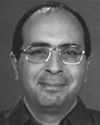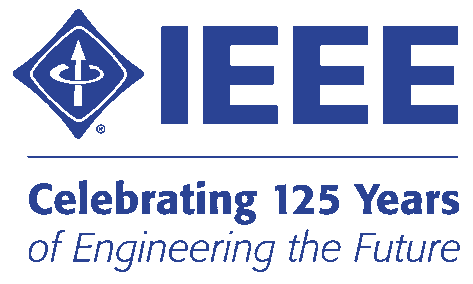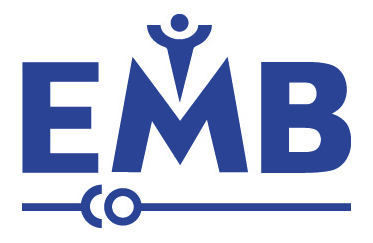| events | executive | news |
The EMBS Chapter of the IEEE Ottawa Section was recognized as the Best Ottawa Chapter in 2008, 2010, 2014, 2019, and 2022 and received the Outstanding Chapter Award from IEEE EMBS in 2011!
Towards the Development of a Brain-controlled Hearing Aid

Professor, School of Electrical Engineering and Computer Science, University of Ottawa
February 8, 2022 12:30 - 13:30
This is an online event. The details on how to join the event will be available once you register.
Register at EventBrite
abstract
Hearing impairment is an important health problem in Canada, and its prevalence is expected to increase as the population ages. Despite advances in hearing aid technology, users still report high levels of dissatisfaction particularly in noisy environments. Recent developments in brain-computer interfaces, machine learning, and improved understanding of how the brain processes speech is driving new research in brain-controlled hearing aids. A long-term goal of this work is to automatically adjust the processing of sound by the hearing aid based on signals produced by the brain in order to optimize the listening experience in different acoustic environments. As part of this effort, our group has been interested in the problem of improving hearing aid fitting, often a challenging task, using the speech-evoked frequency following response, a type of evoked potential that can be recorded using surface electrodes. This response follows the temporal and spectral patterns of speech, and so could provide an important window into human auditory processing of speech and how hearing aid settings should be adjusted to optimize the listening experience. This talk will discuss the main challenges facing the development of a brain-controlled hearing aid, recent progress in this area, and future prospects.
biography
Hilmi Dajani (M’07–SM’11) is a professor at the School of Electrical Engineering and Computer Science, University of Ottawa, Canada. He received the B.Eng. degree in Electrical Engineering from McMaster University in 1987, the M.A.Sc. degree in Electrical and Computer Engineering from the University of Toronto in 1991, and the Ph.D. degree in Electrical and Computer Engineering (collaborative program in Biomedical Engineering) from the University of Toronto in 2004. He has over 20 years of experience in developing biomedical instrumentation in research, industry, and hospital settings, and has authored or coauthored over 50 journal papers and 90 conference publications. His current research interests include the study of speech-evoked responses, development of instrumentation for assessing and managing hearing impairment, and the development of new methods for analyzing cardio-respiratory function.
Last updated January 31, 2022


